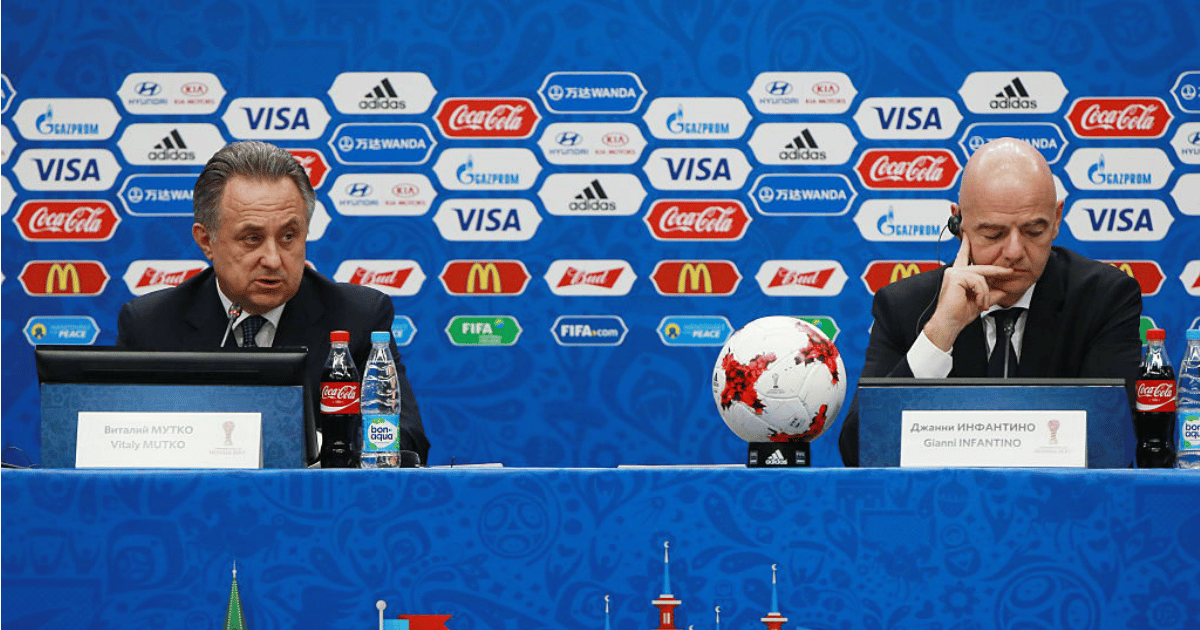Johanna Adriaanse, University of Technology Sydney
Women’s leadership reached a historic milestone in 2016: German Chancellor Angela Merkel and British Prime Minister Theresa May lead two of the world’s top economies. Elsewhere, Christine Lagarde, head of the International Monetary Fund, and Janet Yellen, chair of the board of governors of the US Federal Reserve, are in charge of major global financial institutions.
This represents a significant shift in gender dynamics in the political and economic realms, even with Hillary Clinton falling short of becoming the first woman president of the United States.
While women have seats at the table where major economic and financial decisions are made, they have not yet reached the top leadership positions in sport. The International Olympic Committee (IOC) and FIFA, football’s international governing body, widely regarded as the most prestigious and influential sport organisations, have never been led by a woman. Since the IOC’s inception in 1894, its president has been a man; FIFA has similarly had a man in charge since its establishment more than a century ago.





























































































